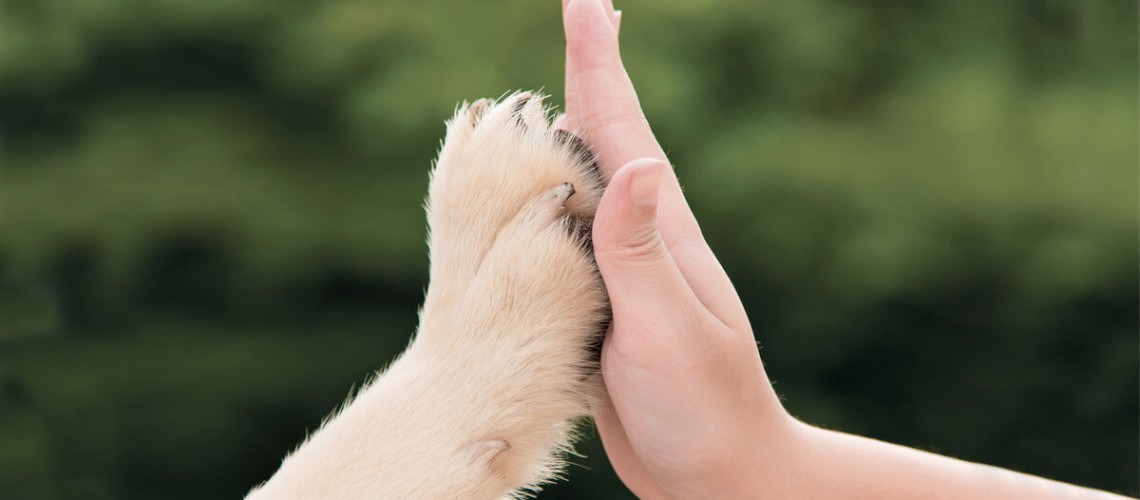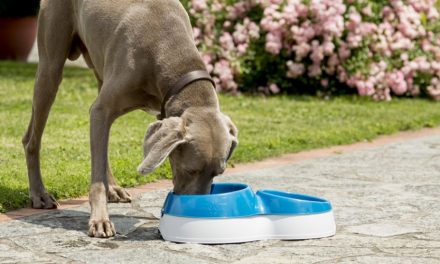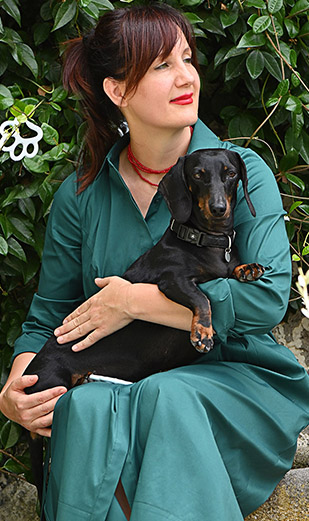The Pet Therapy is now considered a valid support to psychological and physical human pathologies, but also an important affective support for everyone, particularly for the most fragile or ancient people who live in loneliness.
For a long time we have understood that both in temporary hospitalizations and for long definitive stays, the presence of animals like dogs, cats and bunnies, is a great psychological help and, not a little thing, it leads to a faster healing.
In case of ancients staying in retirement home or of degenerative pathologies, stroking them helps to keep or restore cognitive functions, like the touch; holding them in arms to improve the movement functions, not to talk about of the precious and healthy involvement in game and relational activities thanks to the generous love demonstrations of a dog or to the purring of a cat.
In case of the possibility to have a pet for the guests of a structure, the daily care actions will be a great gratification in the budget of the daily goals that will be never again regulated only by therapies or medicines.
To bring and keep the pet in the retirement home is a great consolation for the person who is glad he will not leave him or her alone or to have to entrust him/her to a third person or to boards.
All that has risen awareness in the lawmakers to issue laws and rules that, if properly run, protect the relationship humans/pets.
> Discover my book “When I’m back as Celeste” that talks about Pet Terapy
Though there are Italian and European laws that concern the animal Protection, nobody considers in an open way the presence of the pets themselves in the hospitals.
For years dogs have been allowed the entrance in any place open to the publich though they are taken at the leash and are provided with muzzle, with the sole prohibition for places where food is prepared or stored.
The regional rules then detail the National law.
Some regions, like Friuli Venezia Giulia, Emilia Romagna, Toscana, Lombardia and recently also Lazio have got exact provisions relating to the presence of animals in hospitals and in private or public social-healty places, foreseing also the presence of spaces entirely devoted to them and clearly identified with a proper logo and sometimes provided with a skilled staff.
Any structure in Lombardia, for example, is obliged to have its own internal rule within the end of the year (2019) to allow the visit of pets to the patients.
Generally speaking dogs have to be taken by a legal person who will be responsbile for the animal and for the possible problems linked to his presence in the structure; also the other patients, guests or visitors will have to allow the presence of the pet.
The pet has to be provieded with a sanitary booklet in order with vaccinations, with the certificate of good health issued for no more than one week and with the regular registration at the canine registry office.
If he is a dog, he is allowed to walk in the structure always escorted and with a leash with 1,50 mt lenght and with muzzle that he can take off only at the presence of the patient to visit.
If he is a cat or a bunny, he has to be in rule with vaccinations, brought by the patient in the kennel and set free only at his presence.
The possibility to introduce animals in the healthy structures is therefore regulated by regional laws, by specific rules for each structure, but also by personal considerations of the single Sanitary Directors or Department Primaries. The suggestion is to ask for information on time, avoiding useless expectations from the hospitalized people’s side.
For example, Lombardia has got a consultable list of structures that allow or forbid the access.
Among them the hospital “Niguarda” in Milan that has also allowed the editing of a famous tv programm to direct a spot in the hospital themself that promote the presence of our own pet in the hospital room.
We hope that more and more healty structures understand the importance of the Pet therapy and allow the presence of animals improving the quality of the stay too. However respecting the thought of the ones who don’t approve their presence in the sanitary structures.











